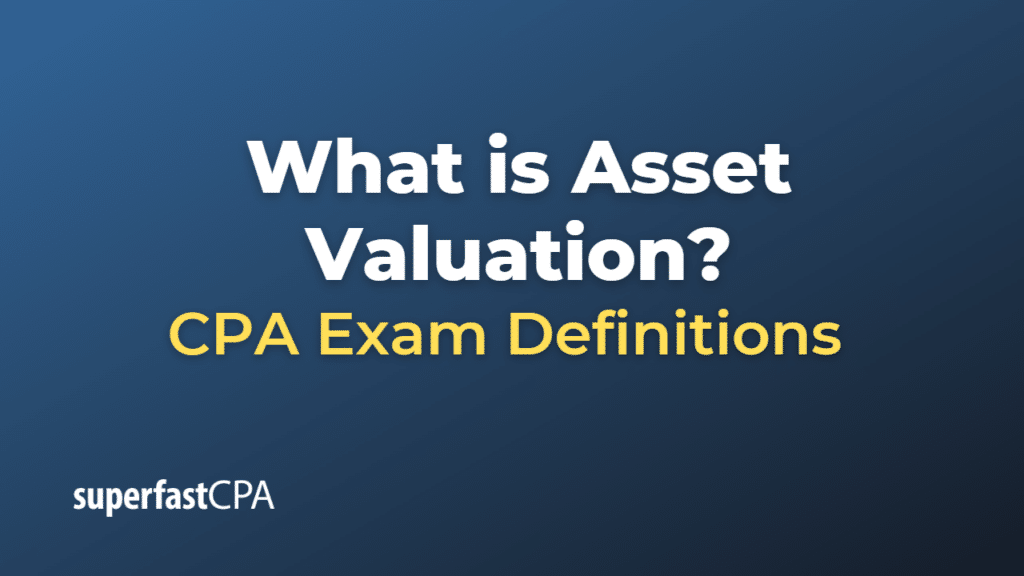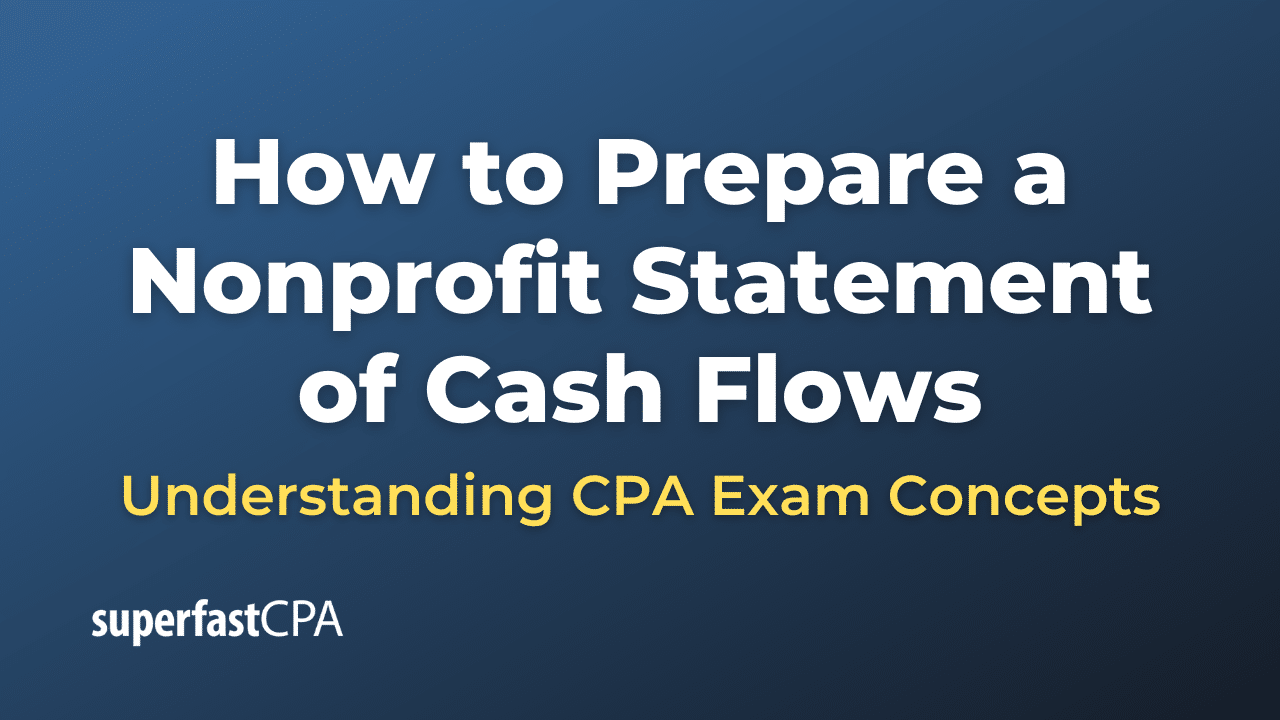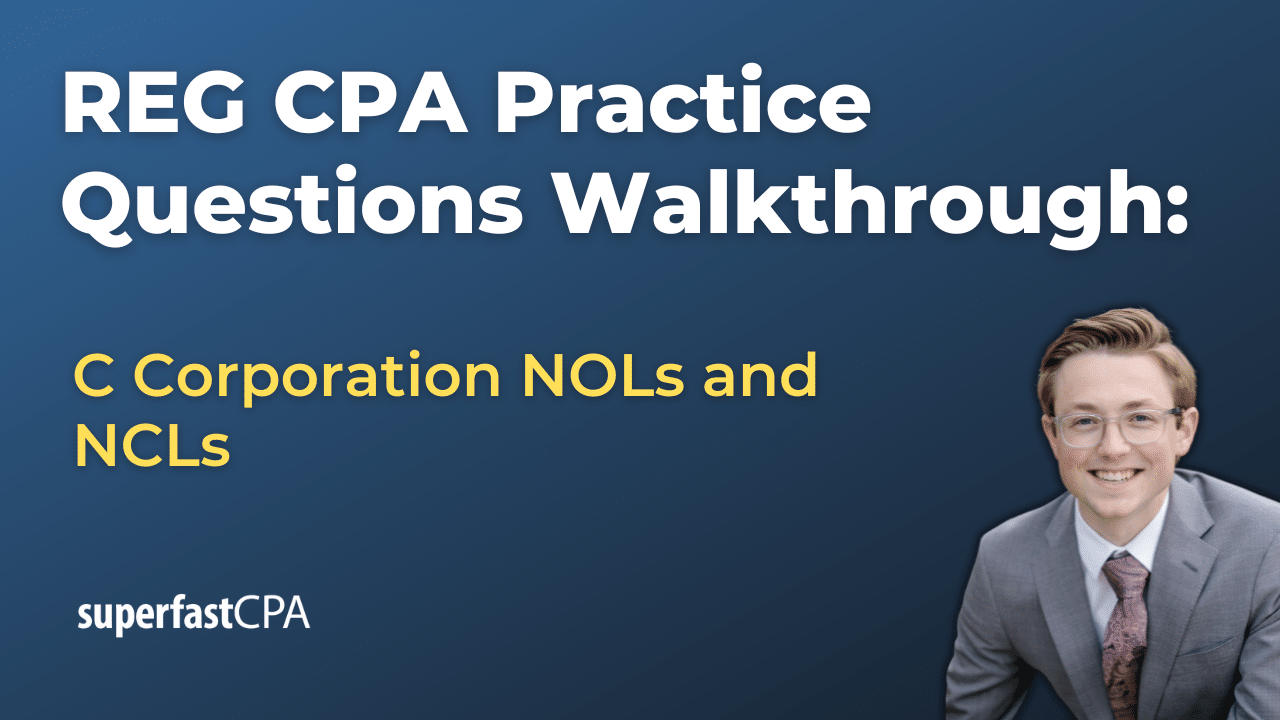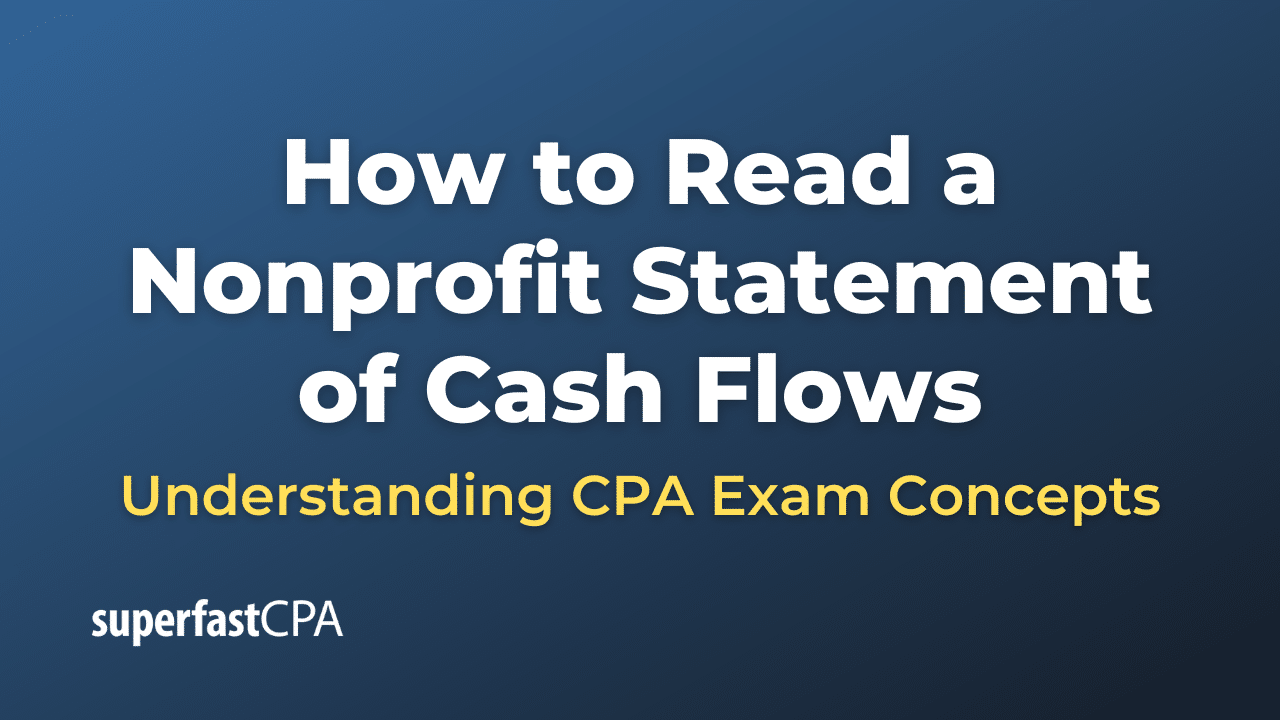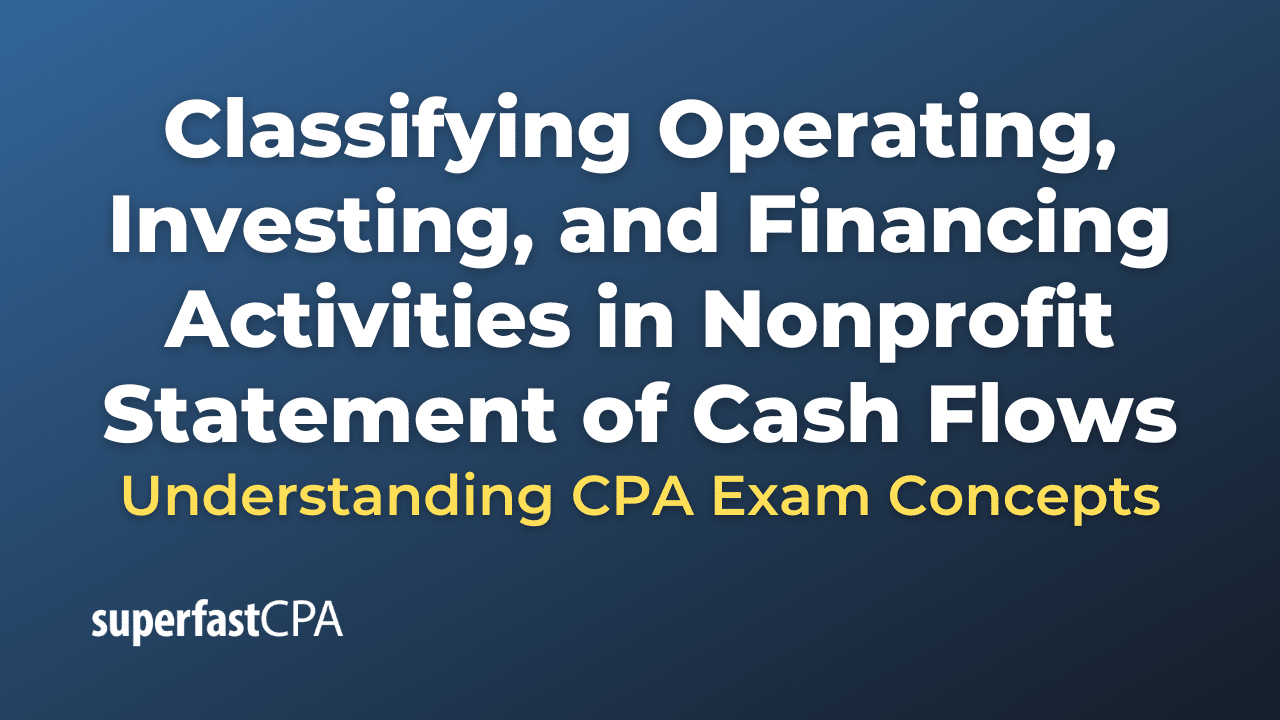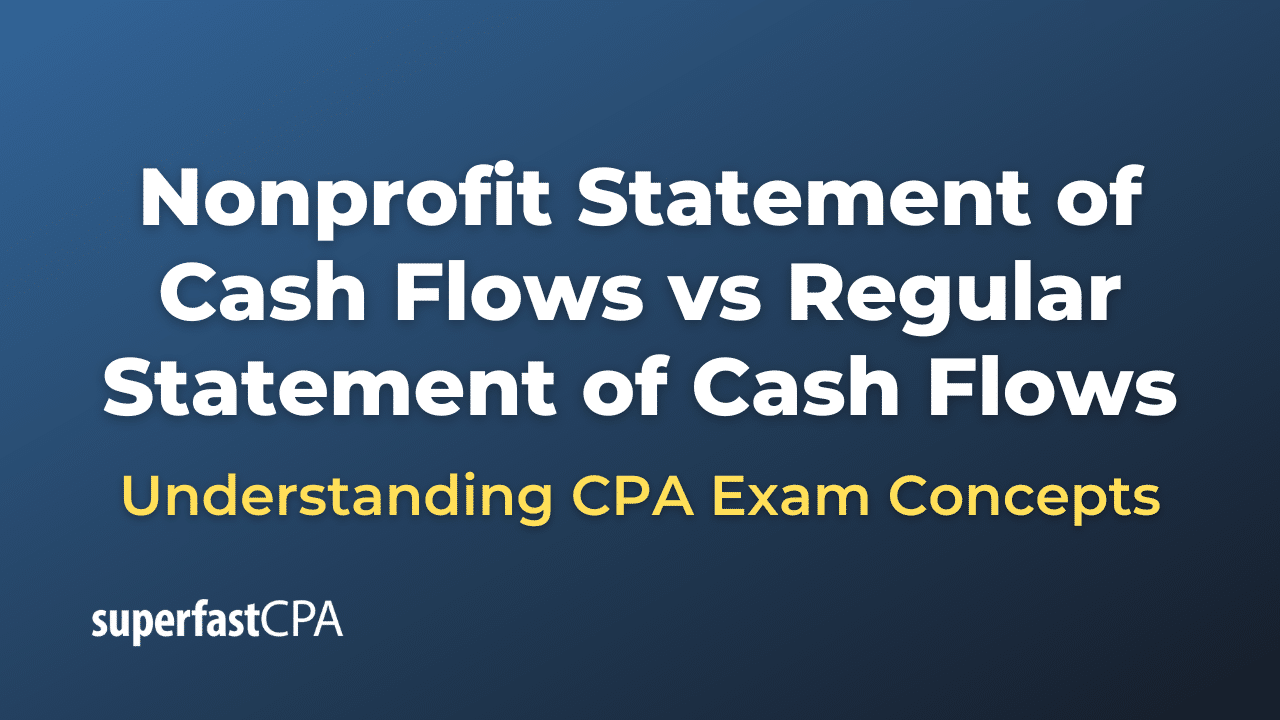Asset Valuation
Asset valuation is the process of determining the current market value or worth of an asset. It is an essential aspect of financial accounting, investment analysis, and business management. Asset valuation helps in assessing a company’s financial position, making informed investment decisions, and determining the fair market value of assets for various purposes, such as mergers, acquisitions, or sales.
There are several methods used to value assets, and the choice of method depends on the type of asset and the purpose of the valuation. Some common asset valuation methods include:
- Historical Cost: This method values an asset based on its original purchase price, adjusted for depreciation or amortization.
- Market Value: This method values an asset based on its current market price, reflecting what a buyer is willing to pay for it in the open market.
- Net Realizable Value: This method values an asset based on the estimated amount that can be obtained from selling it, less any costs associated with the sale.
- Replacement Cost: This method values an asset based on the cost of replacing it with a similar asset of the same age and condition.
- Discounted Cash Flow: This method values an asset based on the present value of the future cash flows it is expected to generate.
Different assets, such as tangible assets (e.g., property, plant, and equipment) and intangible assets (e.g., patents, trademarks, and goodwill), may require different valuation methods or a combination of methods to arrive at an accurate and fair value.
Example of Asset Valuation
Let’s consider a simple example of asset valuation using the market value method.
Suppose Company A owns a commercial property that it purchased for $500,000 ten years ago. Over the years, the property has appreciated in value, and similar properties in the area are now being sold for around $800,000. Company A would like to determine the current market value of its property.
To value the property using the market value method, Company A would look at the recent sale prices of similar properties in the area. After researching and analyzing the market, they find that the average sale price for comparable properties is $800,000.
Based on this information, Company A can conclude that the current market value of its commercial property is approximately $800,000. This valuation can help Company A in various financial decisions, such as assessing its financial position, deciding whether to sell the property, or securing a loan using the property as collateral.
It is essential to note that the market value method relies on current market conditions and comparable sales data, so the accuracy of the valuation may be affected by factors such as market volatility, availability of comparable sales data, and differences between the subject property and the comparable properties.

